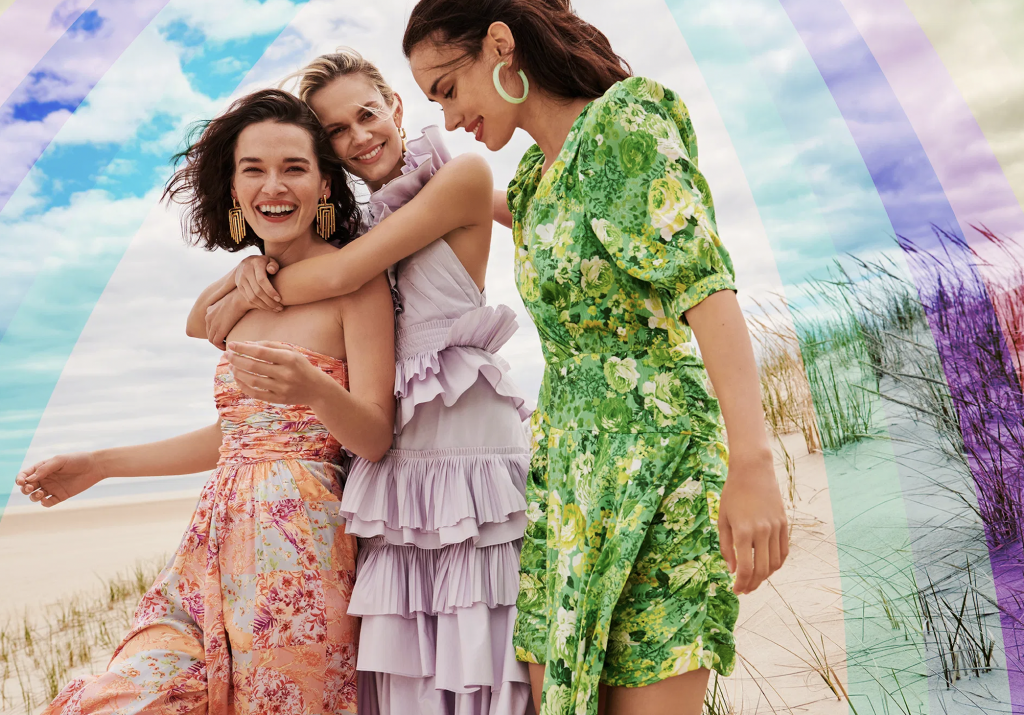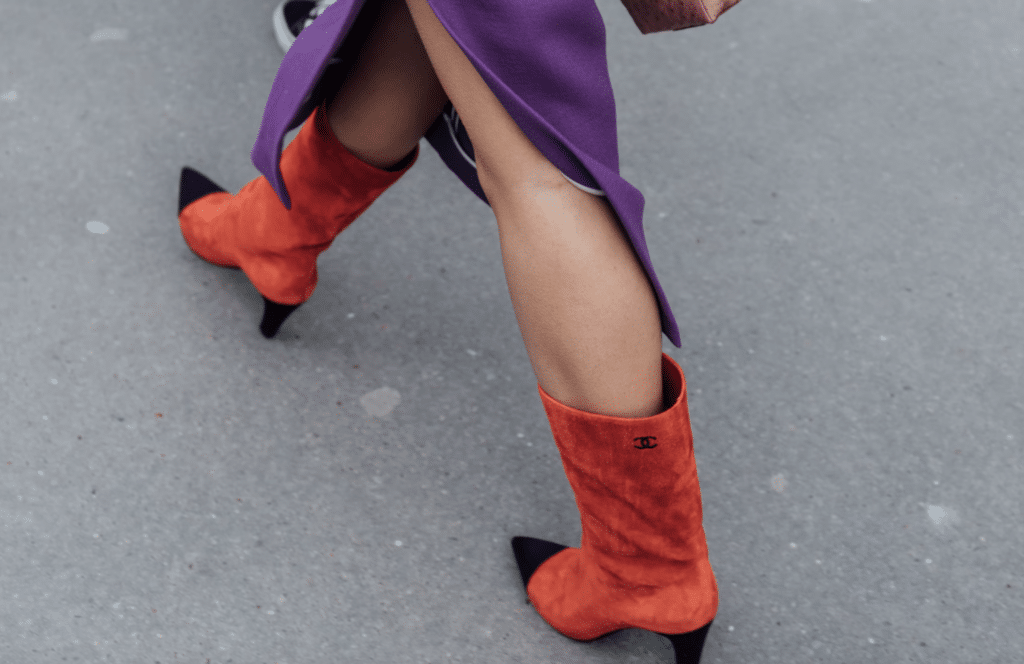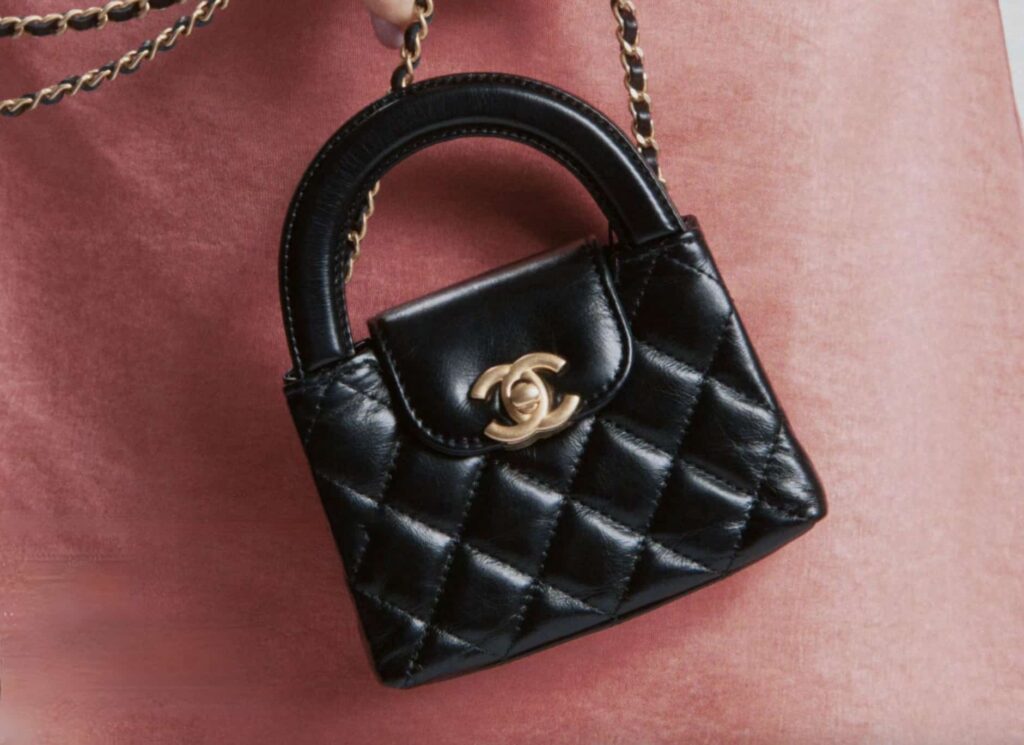Rent the Runway is getting into the resale game in an effort to “broaden its reach and give shoppers more feasible entry points” into its business. On the heels of branching out to offer a wider array of apparel and accessories, and revamping its subscription model to do away with its unlimited rental option (and instead, focusing on various monthly plans), the 12-year-old company – which first made its name by enabling consumers to rent designer dresses for special occasions and then return them – is trying its hand at the secondary market, with CNBC reporting on Wednesday that the $33 billion fashion resale market offers “another engine of growth and a fuller realization” of the company’s sustainability-centric “value proposition.”
In furtherance of this newly-revealed focus, consumers will soon be able to buy used designer clothes from Rent the Runway “in addition to renting them,” per CNBC, which noted that while memberships are required in order to rent apparel and accessories from the New York-headquartered company, a membership will not not apply to the purchase of pre-owned products. “We think that we will be able to convert more people to shopping secondhand [this way],” Chief Executive Officer Jenn Hyman said in an interview this week, noting that twice as many of its existing customers are “self-reporting that they are coming to Rent the Runway for sustainable fashion solutions, compared to 15 months ago, a sign that shoppers’ appetite to add secondhand apparel to their closets is growing” in line with a larger trend among consumers that has been accelerated as a result of the COVID-19 pandemic.
Not doing away with the rental aspect of its business, Hyman says that once customers “have the experience of buying something from us and seeing the quality, many will end up converting into rental.”
Rent the Runway – which recently announced that it would add actress-turned-lifestyle mogul Gwyneth Paltrow to its board of directors – could use a boost after the onset and enduring impact of the pandemic, which all but wiped out the need for event-specific apparel for more than a year, and made consumers skeptical about the health and safety aspects of renting clothes that had previously been worn by others.
However, things are looking up: compared to the pandemic-induced low for Rent the Runway’s business in May 2020, the New York Times reported that the company saw “a 92 percent increase in active subscribers – lured in part by recent discounts – and the number of customers was on track to outpace 2019 levels by the end of the year.” In addition to notable growth in cities like New York, where the average number of new subscribers signing on to Rent the Runway on a daily basis was 4.5 times higher than in February, “Cities like Charleston, South Carolina; Charlotte, North Carolina; Nashville; and Phoenix saw large increases in entirely new subscribers, and growth has also come from smaller cities where the company had not done as much business, like Chapel Hill, North Carolina and Knoxville, Tennessee.”
And Rent the Runway is not the only rental company that is bouncing back post-pandemic. The Urban Outfitters-owned fashion rental platform Nuuly, which is still in the midst of trade secret litigation with rival subscription fashion business Le Tote, said that its site traffic and rentals jumped by 25 percent in April 2021 compared to the previous month, per CNBC, “with dresses accounting for 32 percent of rented items, up from 18 percent in April of last year.” Meanwhile, By Rotation, the United Kingdom’s “leading peer-to-peer fashion rental app,” revealed on Wednesday that its revenues are already eight times greater than they were earlier this year.
As for resale, that segment is experiencing significant post-pandemic demand, as well. On Wednesday, The RealReal revealed in a “business update” ahead of its participation at the 41st Annual Piper Sandler Consumer Marketplace Conference that its gross merchandise volume – a “key” metric for the company that reflects the total value of the pre-owned luxury goods sold – for the “quarter to date through May 31, 2021,” amounted to approximately $239 million, an increase of 106 percent on a year-over-year basis, and a jump of 53 percent compared to the same period in 2019. More than that, the San Francisco-based resale giant stated that average order value for the same period was up by 26 percent on a year-over-year basis to approximately $520, marking resuming interest from sustainability-minded – and in many cases, younger and more budget-conscious – consumers.











